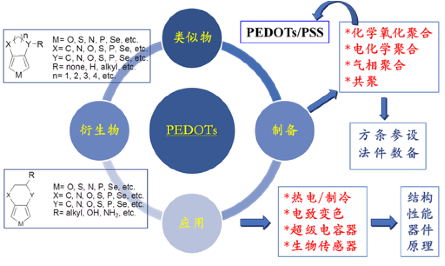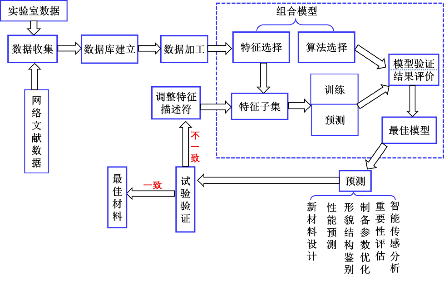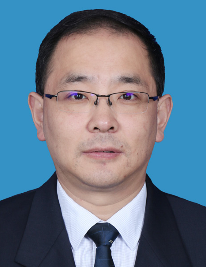Material genetic engineering of PEDOT for synthesis, properties and applications and its new direction in agricultural sensors
Yangping Wen1, Jingkun Xu2*
1 Jiangxi Agricultural University, Nanchang 330045, China
2 Jiangxi Science & Technology Normal University, Nanchang, 330013, China
EXTENDED ABSTRACT: Poly(3,4-ethylenedioxythiophene) (PEDOT) is the highest conducting polymers (CPs) so far, and its aqueous dispersion is currently the most widely used commercial products. Although the domestic research has improved in recent years, and its basic research is still weak, even its industrialization is almost nothing. The main reason is the direct purchase of its foreign products for research, and the slow progress in the development and application of PEDOT and its related derivatives, analogs and compounds. How to tune the monomer structure from the source, realize the regulation of polymer functionalization, develop new products and open up new fields of application, which has become the key for the basic research and industrialization of PEDOT. We have established a database of compositions-structure-properties related PEDOT genomes (PEDOTs) from monomer design and synthesis to polymer preparation and post-modification, structure/morphology and properties micro-tuning. Subsequently, Material genetic engineering based on machine learning was applied in high-throughput design and synthesis of monomers, efficient preparation and characterization of PEDOT, PEDOT for applications and the architecture of agricultural sensors. Our aim is to explore the logical relationship between "composition-structure- technology-performance-application" and form distinctive work or patents to break foreign monopolies. Finally, we expect to accelerate the whole process of "R&D-production-application" of PEDOT through "multi-disciplinary integration", and to short R&D period, reduce the cost of R&D, trigger scientific and technological innovation and industrial R&D reform of PEDOT.


Figure 1. PEDOT material genome technology and application based on machine learning

Prof. Jingkun Xu, graduated from Tsinghua University, is currently the vice president and doctoral supervisor of Jiangxi Science and Technology Normal University. He has engaged in the design, synthesis and application of conductive polymers, including the application of new PEDOTs materials in electrochromic, thermoelectric new energy, supercapacitors and sensors. He has published more than 500 papers with a total citation of around 15000 and H-index of 42 in peer-reviewed journals such as Nature Communication; These papers have authorized 20 Chinese invention patents, presided over 6 national-level projects and awarded 1 first prize of Jiangxi Provincial Natural Science Award.